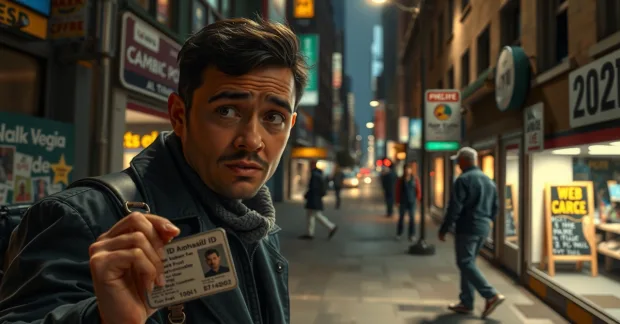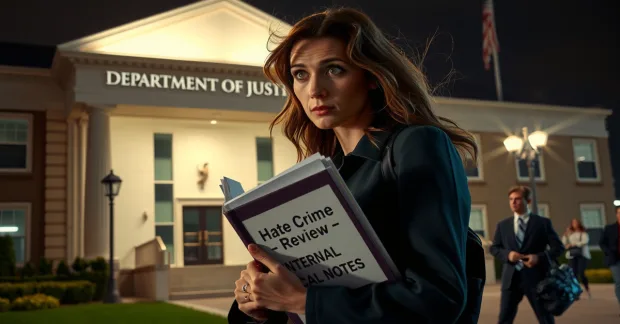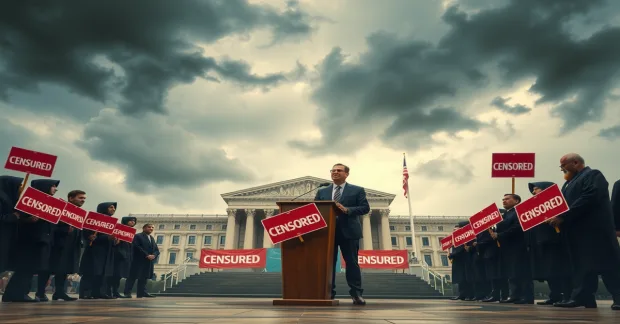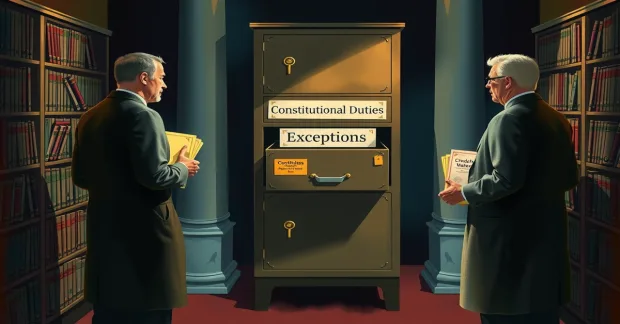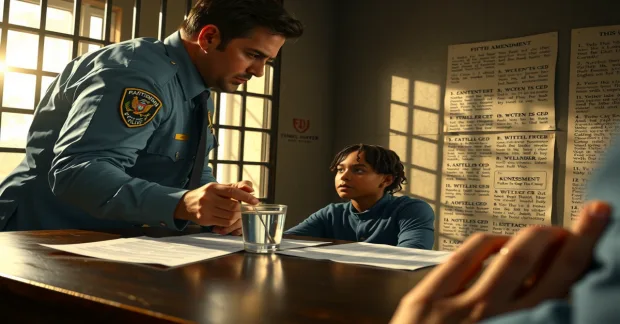
The freedom to travel is a fundamental right deeply ingrained in the fabric of modern societies. While the majority of people obtain a state-issued driver’s license as a prerequisite for operating a vehicle on public roads, there exists a subset of individuals who assert their right to travel without such a license. In this comprehensive blog post, we will explore the historical context, legal perspectives, and contemporary debates surrounding the right to travel in an automobile without a state-issued driver’s license.
I. Historical Roots of the Right to Travel
To understand the contemporary discourse on the right to travel without a driver’s license, it is essential to delve into its historical roots. The right to travel has been recognized throughout history as a fundamental human right. The United States, for instance, acknowledges this right in various constitutional amendments and court decisions.
- Constitutional Foundations
The United States Constitution, particularly the Privileges and Immunities Clause of Article IV and the Equal Protection Clause of the Fourteenth Amendment, has been cited in support of the right to travel. Early court decisions, such as Crandall v. Nevada (1868) and the Slaughter-House Cases (1873), laid the groundwork for recognizing the freedom of movement as a constitutional right.
- Early Automobile Era
As automobiles became commonplace in the early 20th century, the question of regulating their use arose. Initially, regulations focused on ensuring safety and proper road use rather than mandating driver’s licenses. It wasn’t until the mid-20th century that driver’s licenses became a standard requirement.
II. Legal Perspectives on the Right to Travel Without a License
While the right to travel is widely acknowledged, the specific question of whether an individual can operate a vehicle without a state-issued driver’s license is a complex legal issue. Various legal perspectives exist on this matter, ranging from constitutional arguments to statutory interpretations.
- Constitutional Arguments
Proponents of the right to travel without a license often rely on constitutional arguments. They argue that the requirement to obtain a driver’s license infringes upon one’s fundamental right to travel freely. Legal cases, including Shuttlesworth v. Birmingham (1969) and Shapiro v. Thompson (1969), have addressed the constitutional dimensions of the right to travel.
- Statutory Interpretations
Opponents of the right to travel without a driver’s license point to state laws that mandate licensing as a legitimate exercise of government authority. State statutes typically empower government agencies to regulate the operation of motor vehicles on public roads, with the issuance of driver’s licenses being a key component of this regulatory framework.
III. Challenges to the Right to Travel Without a License
Despite the historical and legal foundations, individuals who assert the right to travel without a driver’s license face numerous challenges. Law enforcement, government agencies, and the legal system often respond swiftly to violations of licensing requirements.
- Enforcement Practices
Law enforcement agencies are tasked with ensuring public safety on the roads. As a result, individuals driving without a license may face legal consequences, including fines, vehicle impoundment, and, in some cases, arrest. Understanding the consequences of asserting this right is crucial for those who choose to do so.
- Legal Consequences
Legal challenges to the right to travel without a license have faced limited success in the courts. Courts generally uphold the authority of states to regulate driving through licensing requirements. However, cases such as Thompson v. Smith (2009) and various challenges based on constitutional grounds demonstrate the ongoing legal debate on this issue.
IV. Contemporary Debates and Developments
In recent years, the right to travel without a driver’s license has gained renewed attention, fueled by technological advancements, changing social norms, and evolving legal perspectives.
- Technological Advancements
The rise of ridesharing services, autonomous vehicles, and other technological advancements has led some to question the continued relevance of traditional driver’s licenses. As society adapts to these innovations, discussions about alternative means of regulating road use have emerged.
- Changing Social Norms
Advocates for the right to travel without a license argue that the current regulatory framework is outdated and does not account for changing social norms. They contend that the emphasis should shift from mandatory licensing to promoting responsible and safe driving practices.
V. Practical Considerations for Those Asserting the Right to Travel Without a License
For individuals considering asserting their right to travel without a driver’s license, it is crucial to weigh the potential legal consequences and practical challenges.
- Legal Counsel
Seeking legal counsel is essential for anyone contemplating the assertion of the right to travel without a license. Legal professionals can provide guidance on the specific laws in their jurisdiction and potential legal defenses.
- Advocacy and Public Awareness
Advocacy efforts play a vital role in shaping public opinion and influencing legislative change. Individuals and organizations committed to the right to travel without a license can engage in advocacy campaigns to raise awareness and garner support for their cause.
Conclusion
The right to travel without a state-issued driver’s license is a complex and contentious issue with deep historical roots. While the legal landscape generally upholds the authority of states to regulate driving through licensing requirements, ongoing debates, technological advancements, and changing social norms contribute to a dynamic and evolving discourse on this fundamental right. Individuals considering asserting this right should carefully navigate the legal landscape, seek professional advice, and engage in advocacy efforts to promote meaningful change in the regulatory framework surrounding the freedom to travel.
Legal Disclaimer
The information provided in this blog post is intended for educational purposes only. It is not to be construed as legal advice, and readers are strongly encouraged to consult with qualified legal professionals regarding their specific circumstances.
The content presented herein is based on general knowledge and research up to the knowledge cutoff date of January 2022. Legal statutes, regulations, and interpretations may vary by jurisdiction and may have changed since the knowledge cutoff date. Therefore, it is crucial for readers to verify the current legal landscape in their respective locations.
The blog post explores historical, legal, and contemporary aspects of the right to travel without a state-issued driver’s license, but it does not substitute for personalized legal advice. The complexities of legal issues and the nuances of individual cases require a thorough examination by legal professionals who can provide guidance tailored to specific situations.
The author and the platform hosting this blog post do not assume any responsibility for actions taken or not taken based on the information provided. Readers should not rely solely on the content presented here when making legal decisions. Instead, they should seek the counsel of qualified legal professionals who can offer advice based on the latest legal developments and the specific details of their cases.
By accessing and reading this blog post, readers acknowledge and understand that it is not a substitute for professional legal advice, and the author and platform disclaim any liability arising from reliance on the information presented herein.
This legal disclaimer is subject to change without notice. Readers are advised to review it periodically for any updates.














